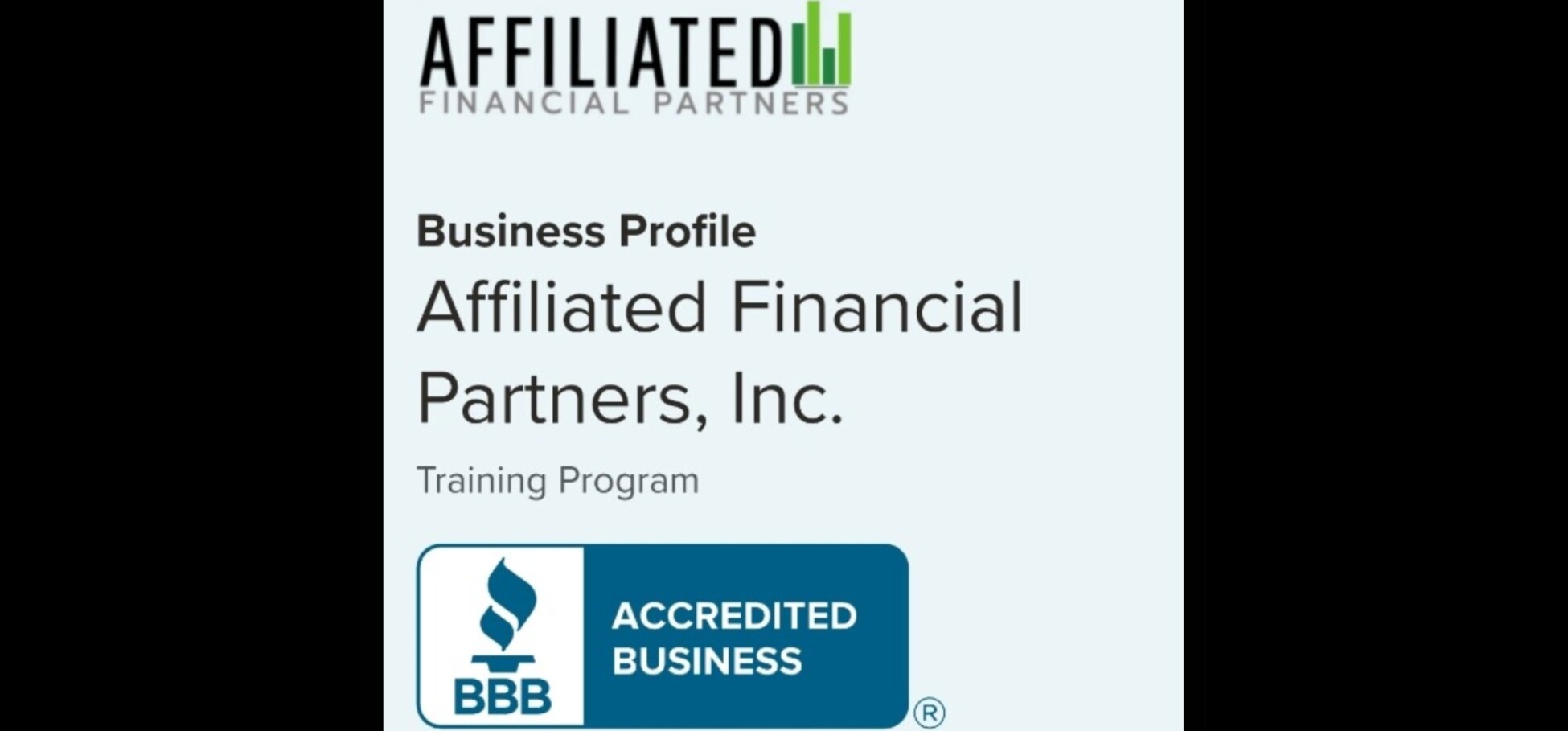
Danny Vesokie | Affiliated Financial Partners
EducationForum Replies Created
-
Danny Vesokie | Affiliated Financial Partners
MemberJanuary 19, 2025 at 1:04 am in reply to: Are German Shepherd Dogs Good With Other Dogs & KidsDo German Shepherd dogs get along with cats? Here’s your answer.
-
Danny Vesokie | Affiliated Financial Partners
MemberJanuary 19, 2025 at 1:02 am in reply to: Monkey As a House PetAmazing how monkeys take precious care of their siblings. Here BiBi takes care of baby sister LaLa after LaLa wets the bed. BIBI attempts to wash the wet blanket, change LaLa’s diapers and tend to baby LaLa until mom comes to tend to both of them
-
Danny Vesokie | Affiliated Financial Partners
MemberJanuary 18, 2025 at 11:50 pm in reply to: Mortgage and Real Estate News Weekend Edition January 13th through 18th 2025Kolby Bryant lived in a 44 million dollar house in Los Angeles County. His mansion was not affected by the Pacific Palisades Wildfire. That’s because a lot of plans and thoughts went into designing the house. Location and fire retardant materials.
-
Danny Vesokie | Affiliated Financial Partners
MemberJanuary 18, 2025 at 8:03 pm in reply to: Headline News Weekend Edition: January 13 through 18th 2025Many homeowners who fell victim of the Pacific Palisades Wildfire were asked how would they vote on the next election. The response was overwhelmingly Republican. These lifelong Democrats don’t have to think twice about changing parties due to the incompetent politicians who are more concerned about saving the blunt fish and having the reservoirs empty despite the heeded warnings about potential wildfires.
-
Danny Vesokie | Affiliated Financial Partners
MemberJanuary 18, 2025 at 5:08 pm in reply to: Headline News Weekend Edition: January 13 through 18th 2025California has the fifth largest economy in the world. The Pacific Palisades Wildfire estimated cost so far is estimated at $250 BILLION DOLLARS. Landlords are price gouging by over 100% for rents. Scavengers are low balling homeowners on their burned out home which is the price of the lot. With the environmental regulations California has, it could take 5 years at best to rebuild but most likely 10 years. The Pacific Palisades Wildfire will have a dominoes impact on all sectors of the economy. Watch this informative video clip.
-
Danny Vesokie | Affiliated Financial Partners
MemberJanuary 18, 2025 at 4:08 pm in reply to: Mortgage-Housing and Real Estate News for January 17th 2025Home-builders, scavenger hunters, real estate investors are poaching on burned down homes in Pacific Palisades Wildfire victims for pennies on the dollar. Someone’s loss is others gain. Unbelievable. Many folks said enough is enough. In the meantime, land grab in Los Angeles County continues to soar like the Pacific Palisades Wildfire.
-
Danny Vesokie | Affiliated Financial Partners
MemberJanuary 18, 2025 at 1:49 am in reply to: Monkey As a House PetBiBi monkey. Big brother monkey takes care of Baby monkey and plays with pet dog. https://youtu.be/PW7kKE0iv44?si=-jk_kqwdBXJHZUZg
-
Danny Vesokie | Affiliated Financial Partners
MemberJanuary 18, 2025 at 12:20 am in reply to: Monkey As a House PetAnother cute video clip on baby monkey LaLa extremely intelligent and super cute. Only couple of months old and very well behaved. Wish these baby monkeys are available in the United States.
-
Danny Vesokie | Affiliated Financial Partners
MemberJanuary 18, 2025 at 12:15 am in reply to: Monkey As a House PetBaby monkey is so cute. They are only a few months old and are extremely intelligent. I heard they are the sweetest thing in the world but will turn on humans when they grow up. I don’t know how true that is.
